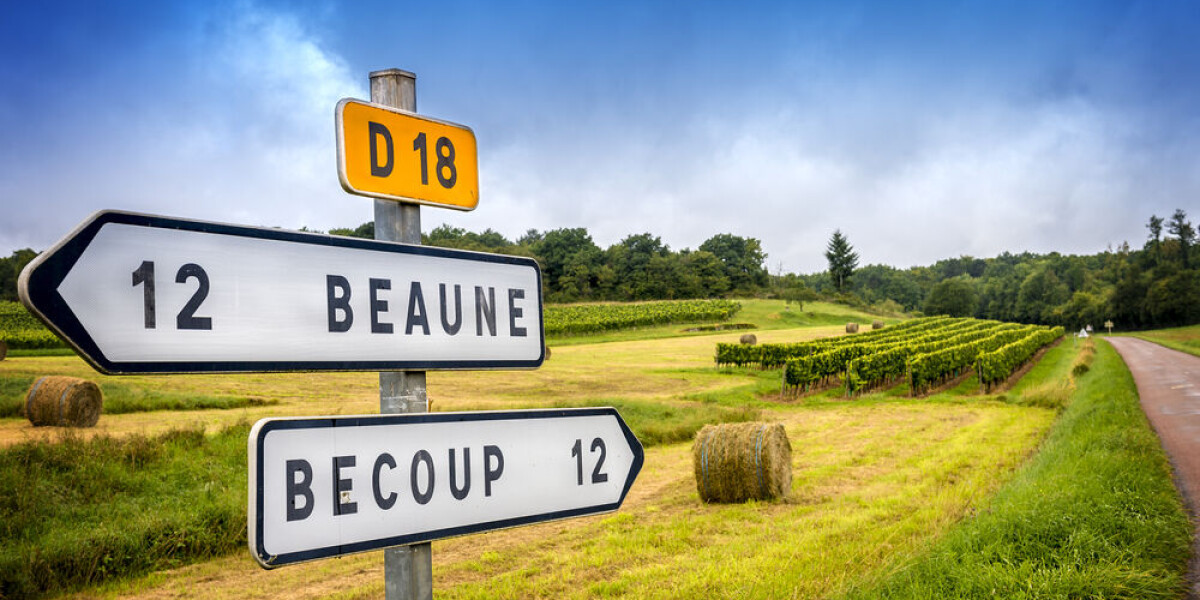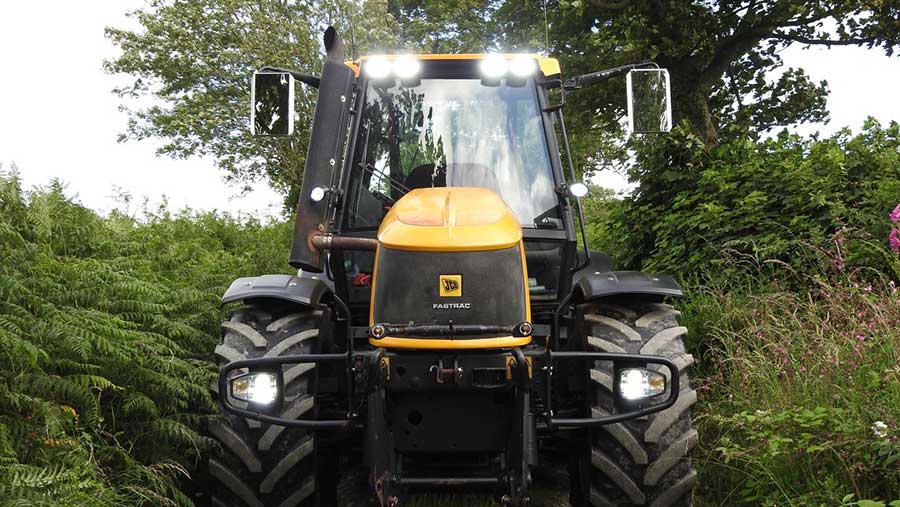
- Select a language for the TTS:
- UK English Female
- UK English Male
- US English Female
- US English Male
- Australian Female
- Australian Male
- Language selected: (auto detect) - EN
Play all audios:
THE DIFFERENCE IS SOMETIMES BASED ON POPULATION, BUT THIS IS NOT NECESSARILY THE MOST IMPORTANT FACTOR Reader Question: I want to buy a second home in France, and am torn between two. One is
classed as being in a ‘town’ whereas the other is in a ‘village’. Is there any real difference? Whether an area is classed as a town or a village in France can be based on a number of
criteria, however the distinction means relatively little. This is because most local administrative decisions are made through communes – with almost 35,000 of these currently in France.
Communes themselves can sometimes consist of a number of small rural settlements, one larger settlement, or even subdivisions of densely populated areas. Paris itself is a single commune
covering over 2,000,000 people. In addition, the word for town – ville, as opposed to village – can be used for anything from settlements of a few thousand people to major cities. The
smallest areas in French are referred to as a hameau, or hamlet, which consists of a few buildings together, usually with no tertiary services. You will also find lieus-dits, which is a
similar term, for a small settlement that is in an outlying part of a larger commune. NO OFFICIAL CRITERIA TO DIFFERENTIATE The easiest way to distinguish between a village and a town in
France is population – towns generally have more than 2,000 people. Residences need to be in an almost continual link without large gaps between, with less than 200m² in every 1km² left
empty. Read more: Two more villages awarded prestigious ‘most beautiful in France’ title If these conditions are not met, the area is generally considered a village.However, this is a rule
of thumb, and not a set-in-stone criteria. There are certain times when an area that would usually be considered a village is instead classified as a town. This can be for a number of
reasons: * Village-sized communities with administrative importance are classed as towns, including those that have been awarded a charter (charte de ville). * Any communes that are the
headquarters of prefectures are automatically classed as towns. * Municipal councils can declare any village as a ‘town’, although this is less common. * Villages that have an importance to
the local area (they host important facilities such as schools or train stations) are also classed as towns. * Similarly, the presence of significant economic activities, including a strong
tertiary sector, can transform a village into a town, especially if it is the strongest economic performer in the area. Read more: How to find out more about an area in France before you
move there CAN I FIND OFFICIAL DATA? If you are looking for information about whether a specific place is classed as a town or village, you can check using the national statistics body
Insee (Institut national de la statistique et des études économiques). You can also ask the local mayor of the commune where the town is located, or the prefecture the area falls under.





:max_bytes(150000):strip_icc():focal(539x0:541x2)/celebrity-makeup-artist-mia-jones-6-48c6e707104b4872838e9f4b44b82292.jpg)